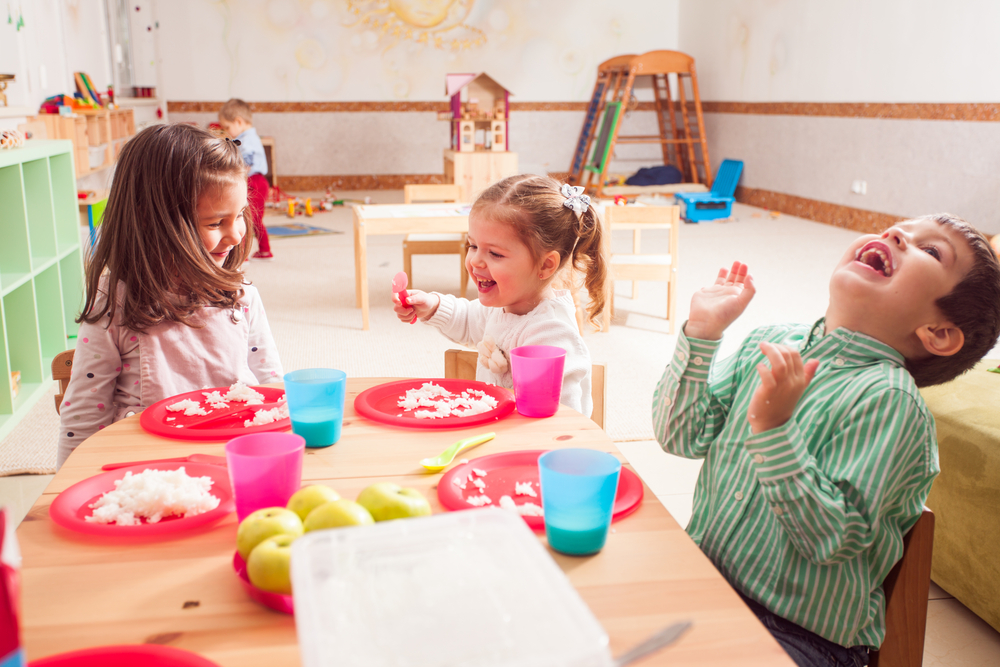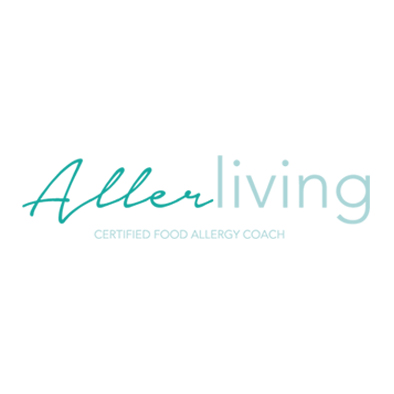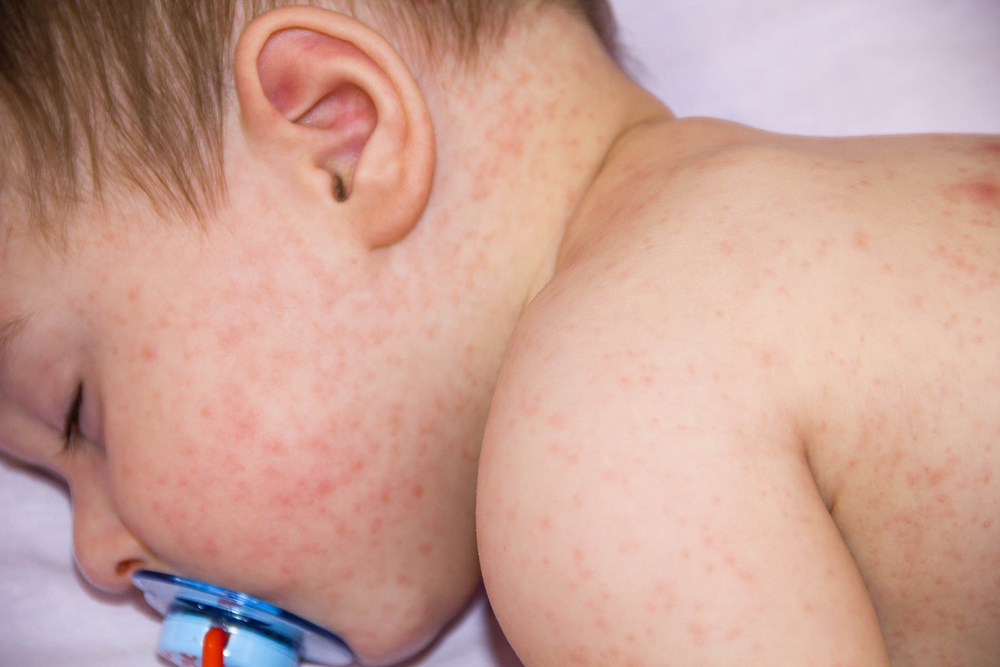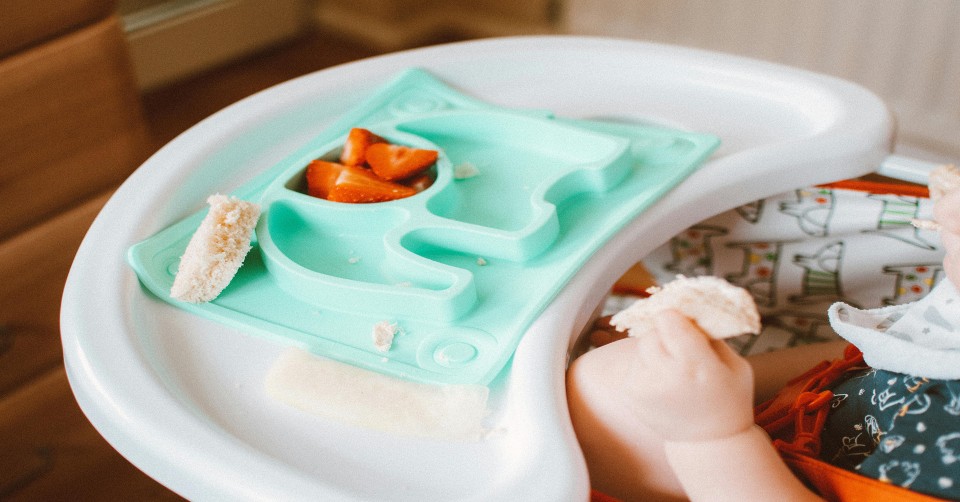Children's Health
Tips for sending your child with food allergies to school

Kids with food allergies can enjoy school days safely if the right precautions were taken. It only needs preparation, organization, and education.
Parents, not all efforts fall solely on you, big roles fall on the school, your kid’s classmates and their parents too.
It depends on how aware your child is of the situation, he might be too young to understand the associated risks – in that case, the nursery and kindergarten will need to know how to cope with and be able to handle these conditions.
Here are some simple tips everyone should follow, all the time:
-
Meet with the teachers, school nurse, administrators, coaches and anyone who has frequent contact with your child and inform them of your child’s allergy and possible signs and symptoms of allergic reactions.
-
Discuss procedures in place on managing food allergies in the school, classroom, and cafeteria.
Provide and fill food allergy emergency plan and necessary health documents from your doctor or allergist.
-
Discuss the availability, storage, and administration of epinephrine auto-injector if prescribed.
Arrange with the school for best practices and clear plans on avoiding the allergen and all cross-contact means.
-
Do not hesitate to discuss the simple yet important things such as washing one’s hands before and after handling food.
Using clean utensils and cooking pots, and other hygiene concerns.
-
Make sure you are always informed and updated on all activities and events especially those that involve food ahead of time to allow time for you to plan and prepare.
-
Make sure you always leave extra safe snacks and an extra set of clothes (in case something allergic is spilled)
-
Food labels are there for a reason. Always make sure you read them carefully.
You may be surprised to find traces of an allergen in a safe-looking food box.
-
Remind your child and his classmates NOT to share food.
A simple act of love may turn out to be life-threatening.
As parents of children without allergies, please make sure to be mindful and help your children protect their allergic classmates by being proactive and aware.
Here are simple tips to help keep your child’s classroom safe for everyone:
-
Ask your child’s teachers if there are any allergic children in the classroom.
-
Ask for a list of safe foods and that of allergens to avoid.
-
Understand that residue of certain allergens can be life-threatening and explain that to your child.
-
Don’t be afraid to include allergic children in activities and parties, just make sure their parents are contributing food to such events.
-
Remind your child and his classmates NOT to share food. A simple act of love may turn out to be life-threatening.
We all want peace of mind, especially when it’s about our children, and this requires a strict routine that would eventually become less stressful with time. Don’t forget to communicate with everyone involved, it’s the key to creating safe environments.














